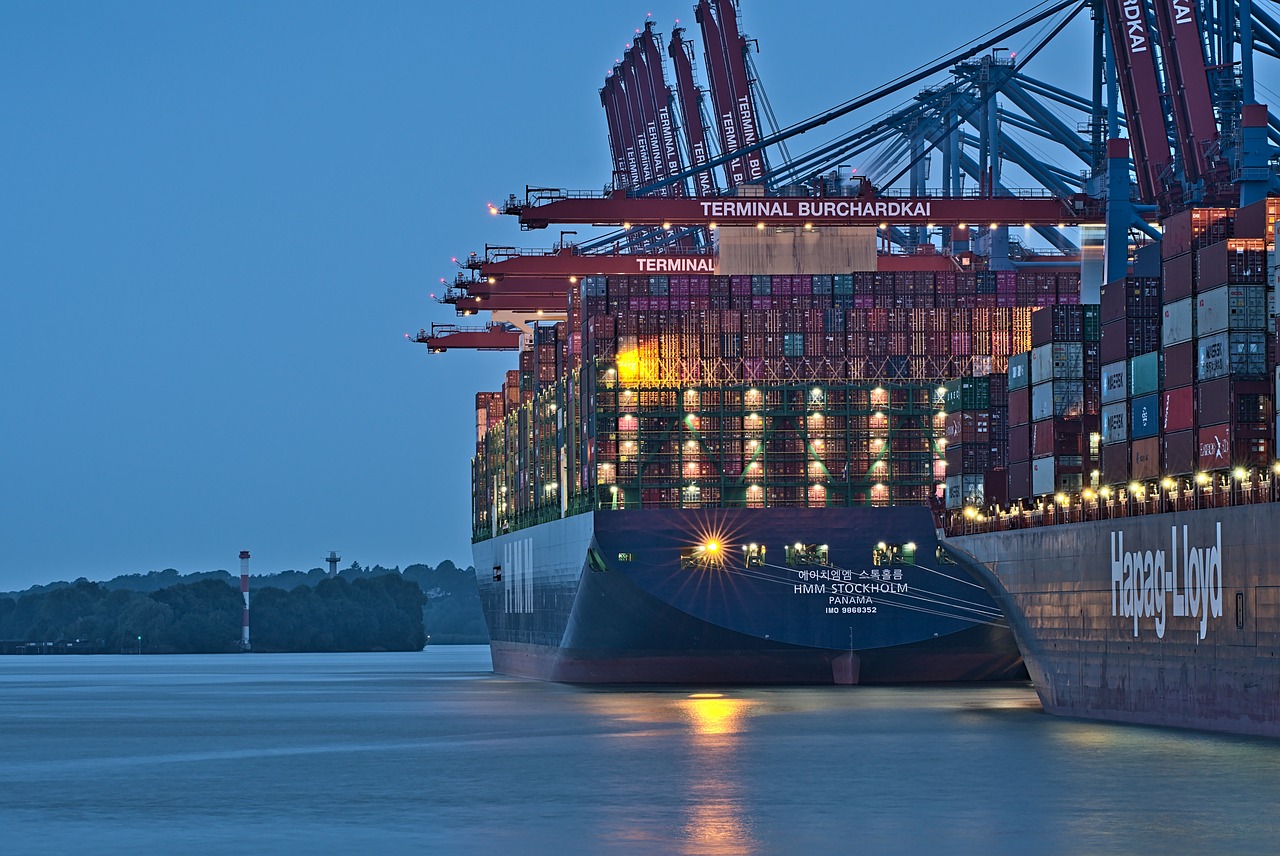
What exactly are the responsibilities of an import/export documentation agent?
An import-export documentation agent is a legal service entity specialized in handling international trade documents, with core functions including:
- Document Preparation: Compliance preparation of 23 statutory documents including commercial invoices, packing lists, and certificates of origin.
- Customs Declaration: Coordinate with the customs broker to complete HS code classification and declaration element confirmation.
- License processing: Import licenses for electromechanical products, export licenses for dual-use items, and other special qualification applications.
- Risk review: Screen restricted trading parties according to the 2025 revised version of the Export Control Law.
Why do foreign trade enterprises need professional document agents?
According to data from the General Administration of Customs in 2023, 30% of declaration errors originate from self-reporting by enterprises. The value of professional agents is reflected in:
- Compliance guarantee:Avoid administrative penalties averaging CNY 50,000-200,000 per shipment due to documentation errors.
- Time optimization: A professional team can reduce document processing time by 40% (compared to in-house processing).
- Cost Control: Reducing tariff costs through reasonable classification, with a typical case showing a medical device company achieving tax savings of up to 27%.
How to Choose a Reliable Import and Export Documentation Agent?
It is recommended to adopt a three-dimensional evaluation system:
- Qualification verification
- Do you hold the Customs Registration Certificate issued by the General Administration of Customs?
- Does it have the capability to interface with the Single Window for International Trade?
- Professional Competence
- Are there any successful cases of handling special requirements in the target market (such as EU CE certification documents)?
- Is there an AEO certification consulting team available?
What are the new changes in import and export document management for 2025?
According to the latest announcement from the Ministry of Commerce, special attention should be paid to:
- The electronic documents have been comprehensively upgraded.: The electronic data of the certificate of origin must be transmitted through the blockchain platform.
- Carbon Footprint Declaration Requirements: Machinery products exported to the EU require additional carbon emission calculation documents.
- Intelligent review system: The coverage rate of AI customs document review will increase to 85%, placing higher demands on the accuracy of declarations.
How are the document agency service fees structured?
The typical pricing structure consists of three dimensions:
- Basic service fee (800-2000 yuan per ticket)
- Additional fee for special documents (e.g., Certificate of Origin: extra 300 RMB per copy)
- Emergency handling fee (expedited declaration will be charged at 150% of the normal rate)
How to hold someone accountable in case of a file error?
The division of responsibilities must be clearly defined in the service agreement:
- For demurrage fees caused by the agent's negligence, up to 80% of the actual losses may be claimed.
- The enterprise provides incorrect basic data, and the agent shall not bear any subsequent derivative liabilities.
- It is recommended to purchase professional liability insurance (annual premium approximately 3% of service revenue).
What is the difference between a document agent and a freight forwarder?
Key Differences Comparison:
- Legal status: The document agent is the declarant entity and bears the declaration responsibility; the freight forwarder is the transportation intermediary.
- Service boundary: High-quality document agents should provide trade compliance consulting, while freight forwarders focus on logistics solutions.
- Qualification Requirements: The document agent must possess customs declaration qualifications, while the freight forwarder only requires international freight forwarding qualifications.
How can small and medium-sized enterprises effectively connect with file proxies?
It is recommended to establish a three-step collaboration mechanism:
- Information pre-screening: Provide product technical parameters 15 working days in advance.
- Process embedding: Incorporate the proxy review node into the enterprise ERP system.
- Regular review: Analyze declaration data quarterly to optimize the accuracy rate of HS code usage.


 Follow Customer Service WeChat
Follow Customer Service WeChat